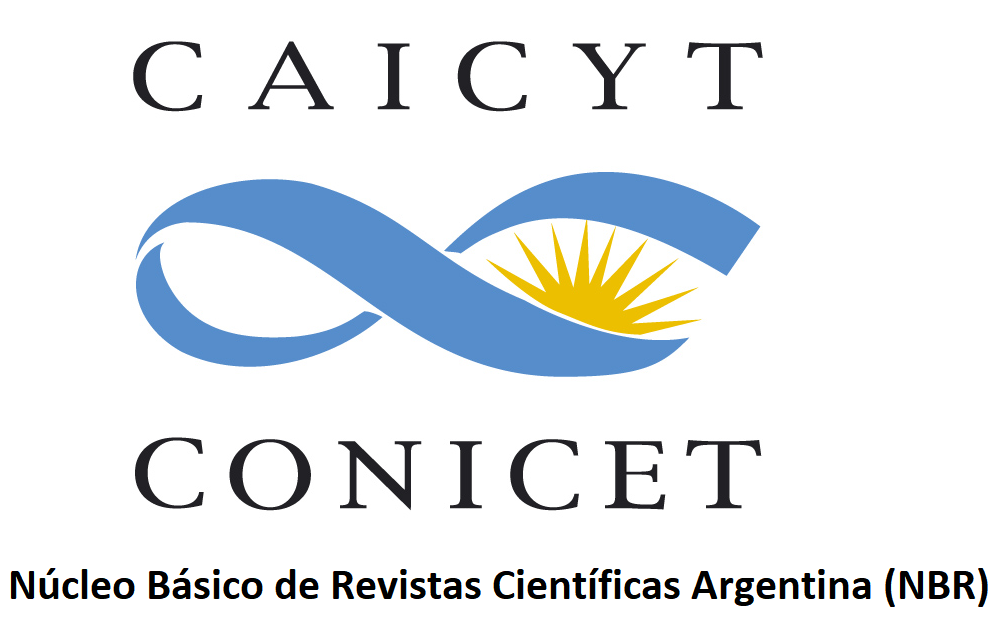Using Association Rules to Learn Users' Assistance Requirements
Resumen
Interface agents are computer programs that learn users' preferences to provide them personalized assistance with their computer-based tasks. In order to personalize the interaction with users, interface agents must learn how to best interact with each user and how to provide them assistance of the right sort at the right time. Particularly, an interface agent has to discover when the user needs a suggestion to solve a problem, when he requires only a warning about it, when he wants the agent to execute an action and when he wants the agent to do just nothing. In this work we propose a learning algorithm, named WATSON, to tackle this problem. The WATSON algorithm enables an interface agent to adapt its behavior and its interaction with a user to the user's assistance requirements. Our algorithm uses association rules (AR) to discover associations among problem situations and a user's assistance requirements in a given application domain.














